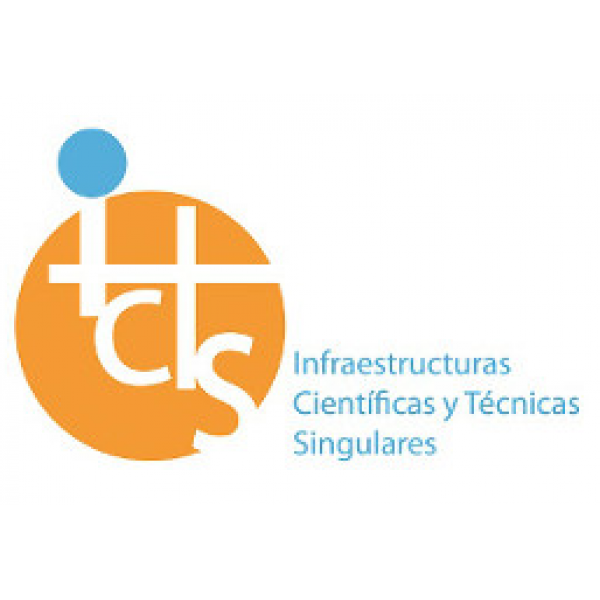A Spanish consortium conducted by scientists at the Spanish National Research Council (CSIC), the Institute for Research and Technology in Food and Agriculture (IRTA) and the Centre for Genomic Regulation (CRG) has obtained the melon genome. The study in which the CNAG has collaborated is published...
The Festa de la Ciència i la Tecnologia is organized by the Ajuntament de Barcelona. The party turns the Parc de la Ciutadella in a large open lab with about a hundred activities of all kinds and for all audiences, from experiments to games, shows, lectures and workshops. All these free activities...
The Centro de Investigación Biomédica en Red de Enfermedades Raras (CIBERER), depending on the Instituto de Salud Carlos III, and the CNAG collaborate in the sequencing and analysis of 116 exomes corresponding to 24 types of rare diseases or groups of pathologies. The purpose of this project is to...
The Irish, French and Austrian Embassies in Washington DC have organised a series of biomedical sciences cooperation seminars to be held in Washington DC on 4-6 June 2012. These meetings aim to encourage further dialogue on international Science Interaction between members of the US Congress,...
The journal Nature has published the results of this study that describes the main characteristics of the genome of the cultivated tomato (Solanum lycopersicum) compared with two species of the same genus, the wild tomato (Solanum pimpinellifolium) and the potato (Solanum tuberosum).
With this...
Research on the genome of leukemia involving the CNAG has been awarded as the most important scientific work of Spain in 2011. This prize is a joint initiative of the Grupo Godó and Catalunya Caixa. A scientific advisory committee selected eight candidates from which readers could vote as the most...
















